FertiTOX® A platform for gonadotoxicity of cancer therapies
Welcome
Cancer therapies can harm the gonads. In high risk situations fertility preservation treatments such as freezing of oocytes, ovarian tissue, sperm and testicular tissue might be required. However, data about the risks of specific cancer therapies and the necessity to perform fertility preservation treatments is very limited.
Therefore the platform FertiTOX® will be set up to present systematically reviewed published data on the gonadotoxicity as well as prospectively collected data, collected in 3 countries by around 60 centres in Germany, Switzerland and Austria, having started data collection in 2024. These centres mainly belong to the network FertiPROTEKT®. The platform will be set up in 2026.
Participating countries
Participating centres
Included patients
Steering Committee
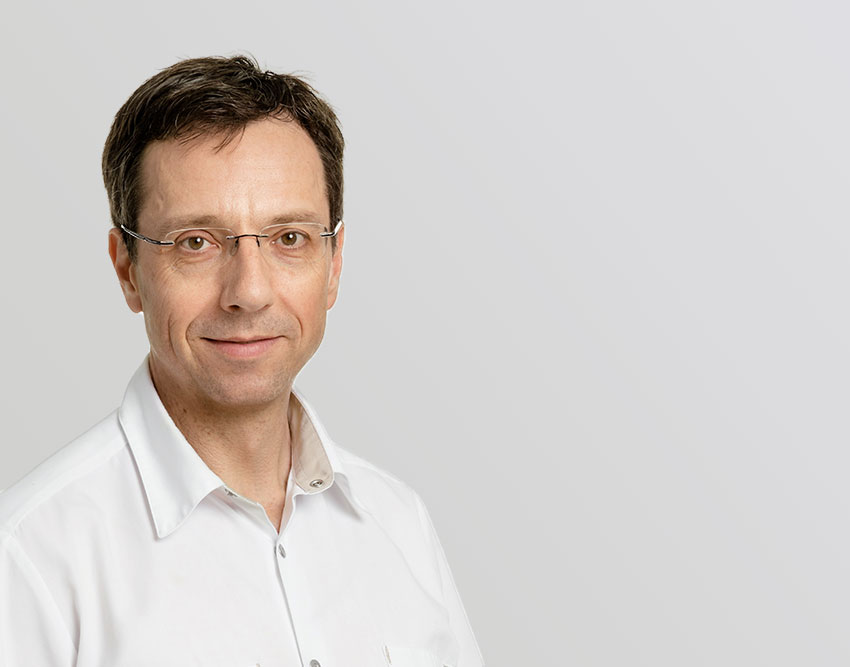
Prof. Dr. Michael von Wolff
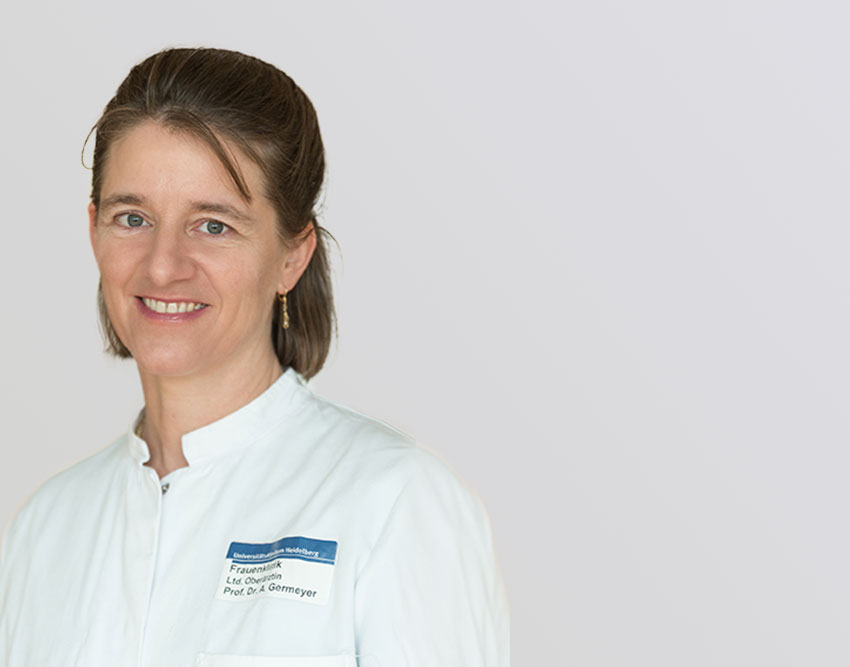
Prof. Dr. Ariane Germeyer
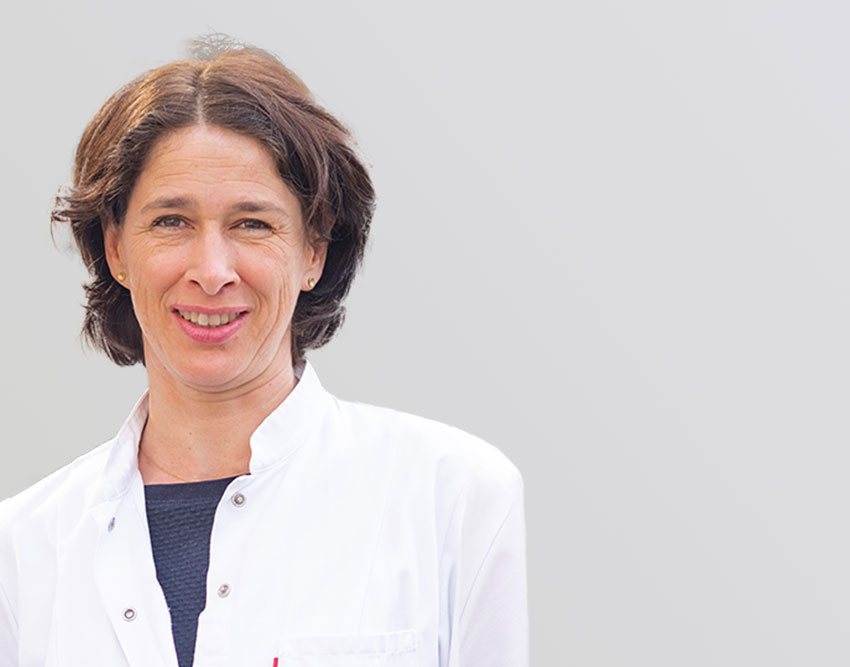
PD Dr. Bettina Böttcher
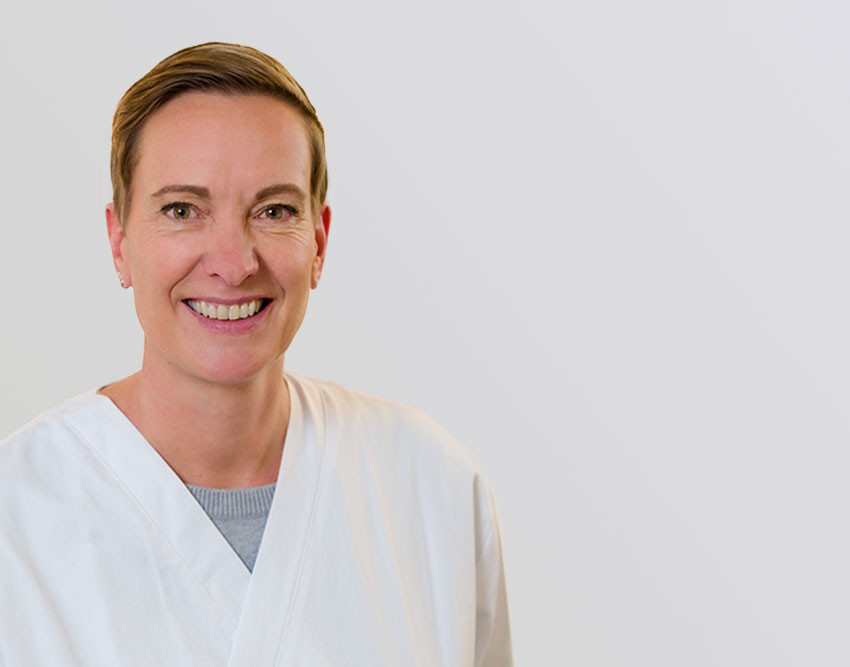
PD Dr. Verena Nordhoff
President FertiPROTEKT

Prof. Dr. Sonja Grunewald
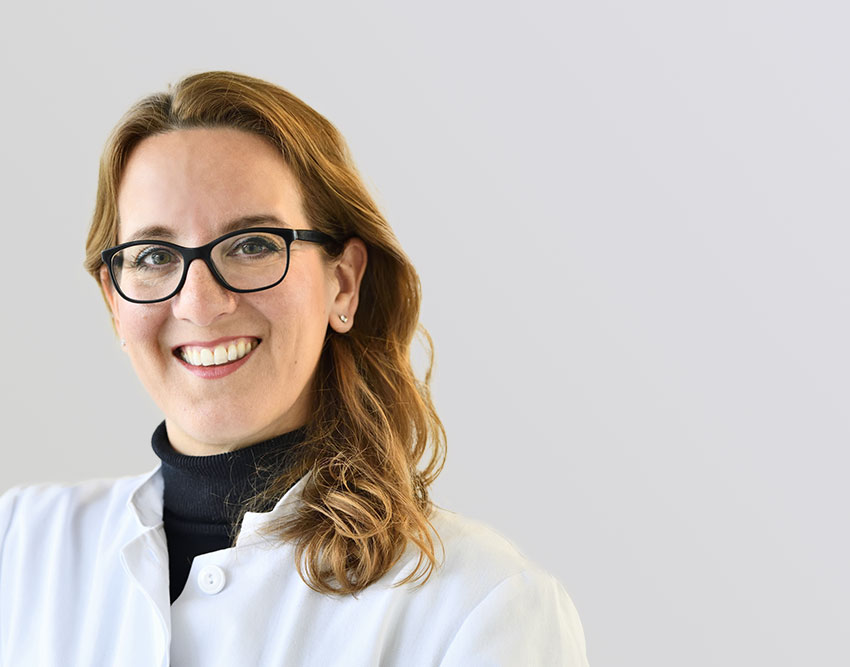
Prof. Dr. Nicole Sänger
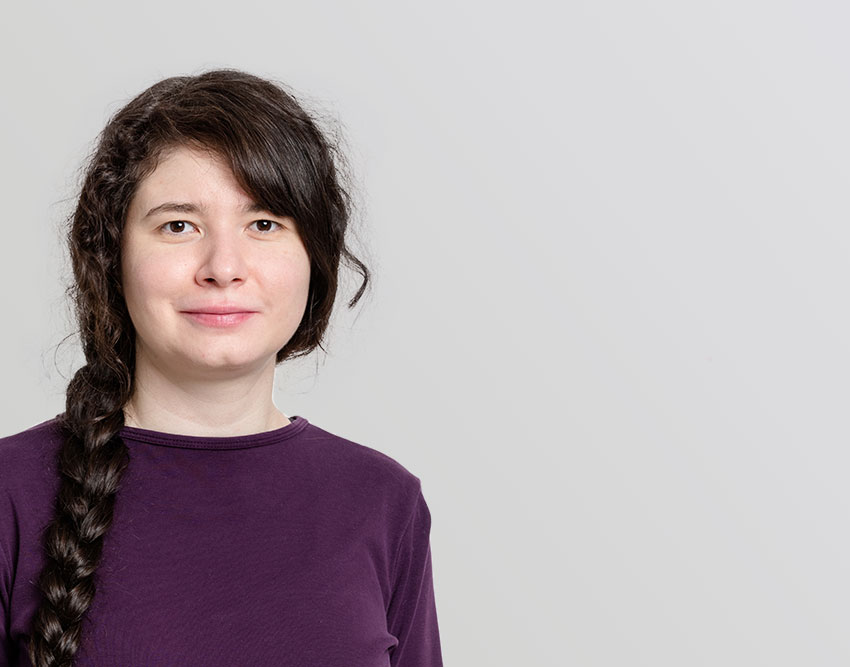
Irene Marcu, PhD
(Switzerland and Austria)

Kami Marie Schütz, Wissenschaftliche Hilfskraft
(Germany)

Fukang Jin, MD
Study protocol and documents for the study
First, previously published data is systematically analysed regarding the gonadotoxicity of chemo and radiotherapies in cancer patients.
Second, a prospective cohort study is performed to collect the following data in the study registry REDCap: ovarian function is evaluated by analysing AMH, FSH, LH and E2 concentrations and testicular function by analysing sperm parameters and total testosterone, just before and 12-15 months after the end of the gonadotoxic therapy (short term fertility). These fertility parameters, as well as the history of conceptions, will be collected 5 and 10 years after gonadotoxic therapies (long term fertility).
Furthermore, proportion of patients undergoing fertility preserving methods, efficacy and satisfaction with these methods will be analysed.
Third, the data will be merged to create the internet based data platform FertiTOX. The platform will be structured according to the ICD classification of cancer diseases and will be easily accessible using a specific App.
A description of the study has been submitted and will be found in the website menu “Papers published”.
Material such as compact paper versions of the REDCap study registry can also be downloaded (see below the PDF files, available in four languages). The paper versions can be used in the outpatient clinic to collect data to be added to the registry later.
PREtreatment files
(with ICD-10 disease list)
- REDCap registry: Documentation for females before gonadotoxic therapy
- REDCap registry: Documentation for males before gonadotoxic therapy
POSTtreatment files
(with ICD-10 disease list and QoL)
- REDCap registry: Documentation for females 12-15 months after the end of gonadotoxic therapy
- REDCap registry: Documentation for males 12-15 months after the end of gonadotoxic therapy
Deutsch__________
Français__________
Italiano__________
English__________
Participating Centres
The restrospective data analysis is performed in the fertility centre in Inselspital Bern, Switzerland. Data for the prospective cohort study are currently collected in 17 centres in Germany, 20 centres in Switzerland and 2 centres in Austria. The complete list of the participating centres can be downloaded here.
Other centres are invited to contribute to the study if the study is accepted by their local ethical committee and if they add their data to the study registry. In case of interest, please contact the coordinator Michael von Wolff.
Sponsors
Several sponsors have provided financial support 2023 to 2028.
The project is mainly sponsored by public foundations such as the “Swiss cancer league” with a grant of CHF 349.000,- (Grant number KLS-5650-08-2022) and “Deutsche Krebshilfe” with a grant of Euro: 393.600,- (Grant number 70115917).
The project is also financially supported by some companies.

Swiss cancer league

Deutsche Krebshilfe
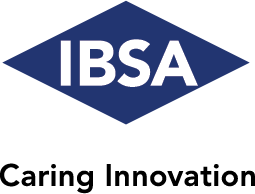
IBSA Institut Biochimique SA
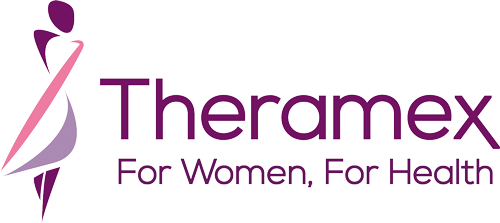
Theramex Switzerland GmbH

Ferring Pharmaceuticals SA
Papers and Abstracts published and submitted
FertiTOX PROTOCOL
Evaluation of gonadotoxicity of cancer therapies to improve counselling of patients regarding fertility and fertility preservation measures: Protocol for a retrospective systematic data analysis and a prospective cohort study
Type of cancer | Type of study | Estimated overall risk/prevalence of infertility (95% CI) | Download paper |
|---|---|---|---|
Bone cancer | Systematic review | Females
Osteosarcoma 5% Ewing’s sarcoma 13% Males Osteosarcoma 52% Ewing’s sarcoma 89% | "A systematic review of the gonadotoxicity of osteosarcoma and Ewing's sarcoma chemotherapies in postpubertal females and males" |
Soft tissue sarcoma | Systematic review | Females: 71% Males: 60% | "Systematic review of the gonadotoxicity and risk of infertility of soft tissue sarcoma chemotherapies in pre- and postpubertal females and males" |
Testicular cancer | Systematic review and meta-analysis | 14% (9 – 21%) | "Oncological treatments have limited effects on the fertility prognosis in testicular cancer: A systematic review and meta-analysis" |
Central nervous system cancer | Systematic review and meta-analysis | 20% (10 – 34%) | "Long-term effects on fertility after treatment of childhood, adolescents & young adults’ central nervous system cancer: A systematic review and meta-analysis" Published in Neuro-Oncology Practice. 2024 |
Bone marrow transplantation | Systematic review and meta-analysis | Females: 65% (58 – 71%)
Males: 41% (32 – 51%) | "Impact on fertility outcomes in survivors after hematopoietic stem cell transplantation for benign and malignant hematologic disorders: A systematic review and meta-analysis" |
Colorectal cancer | Systematic review and meta-analysis | Females: 27% (11 – 54%)
Males: 18% (13 – 26%) | "Long-term effects on gonadal function after treatment of colorectal cancer: A systematic review and meta-analysis" Published in Cancers. 2024 |
Breast cancer | Meta-analysis | 53% (41 – 64%)
(AMH <0.5 ng/mL)
| "High impact of chemotherapy on ovarian reserve in breast cancer survivors of reproductive age: A systematic review and meta-analysis" Published in Breast. 2025 |
Hodgkin lymphoma | Meta-analysis | Females: 21% (15 – 28%)
Males: 49% (36 – 62%)
| Abstract ESHRE 2025 download here |
Non-Hodgkin's lymphoma | Meta-analysis | Females: 23% (14 – 35%)
Males: 35% (27 – 44%)
| Abstract ESHRE 2025 download here |
Acute Leukaemias | Meta-analysis | HSTC: Hematopoietic stem cell transplantation Females w/o HSTC: 6% (1 – 40%)
Females + HSTC: 70% (5 – 83%)
Males w/o HSTC: 18% (6 – 39%) Males + HSTC: 59% (28 – 85%) | Abstract ESHRE 2026 download here |
Impact of chemo- and radiotherapy on uterine function and pregnancy | Systematic review and meta-analysis | Radiochemotherapy reduces uterine perfusion and size of the uterus and increases abortion rate. | Abstract 2026 download here |
Meetings
The PDF file versions of the online presentation meetings can be downloaded here.
The protocol of our Steering Committee meetings can be downloaded here (in German).
Contact us
The project has been initiated and is coordinated by Michael von Wolff.
The representative and contact person for Germany is Ariane Germeyer, for Switzerland Michael von Wolff and for Austria Bettina Böttcher.

Prof. Michael von Wolff
Friedbühlstrasse 19
CH-3010 Bern
Switzerland

Prof. Ariane Germeyer
Im Neuenheimer Feld 672
69120 Heidelberg
Germany

PD Dr. Bettina Böttcher
Anichstraße 35
A-6020 Innsbruck
Austria
